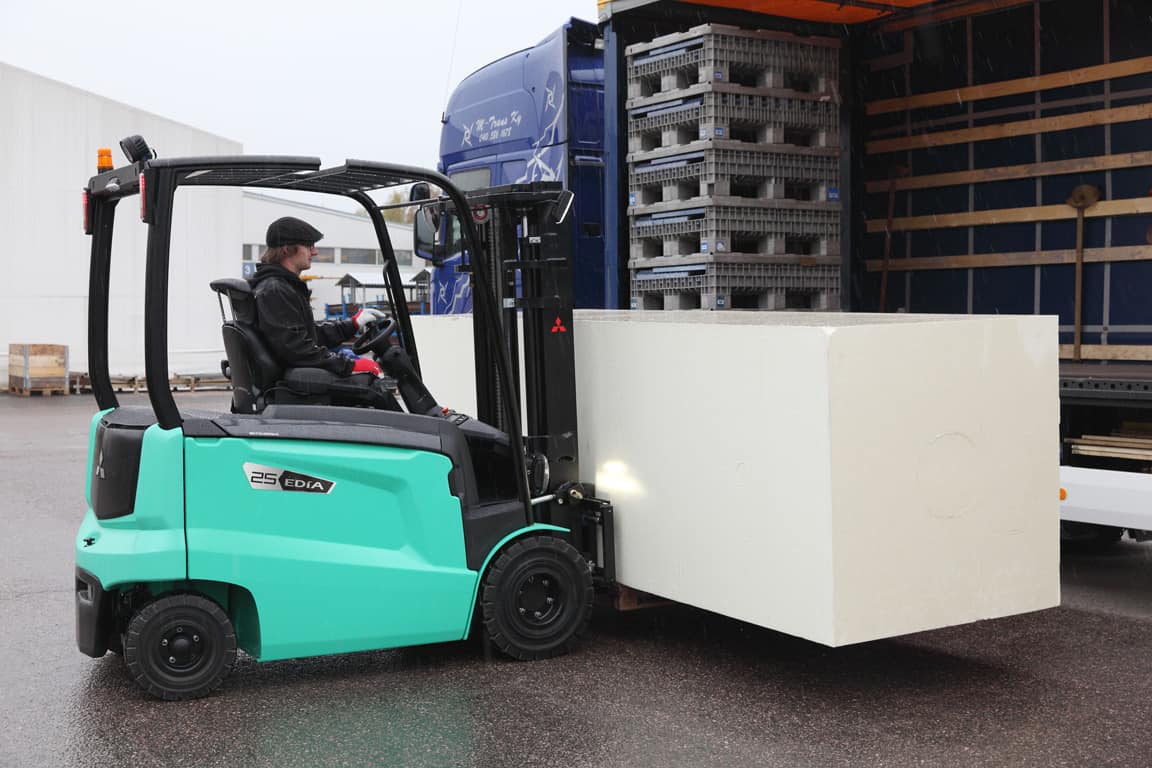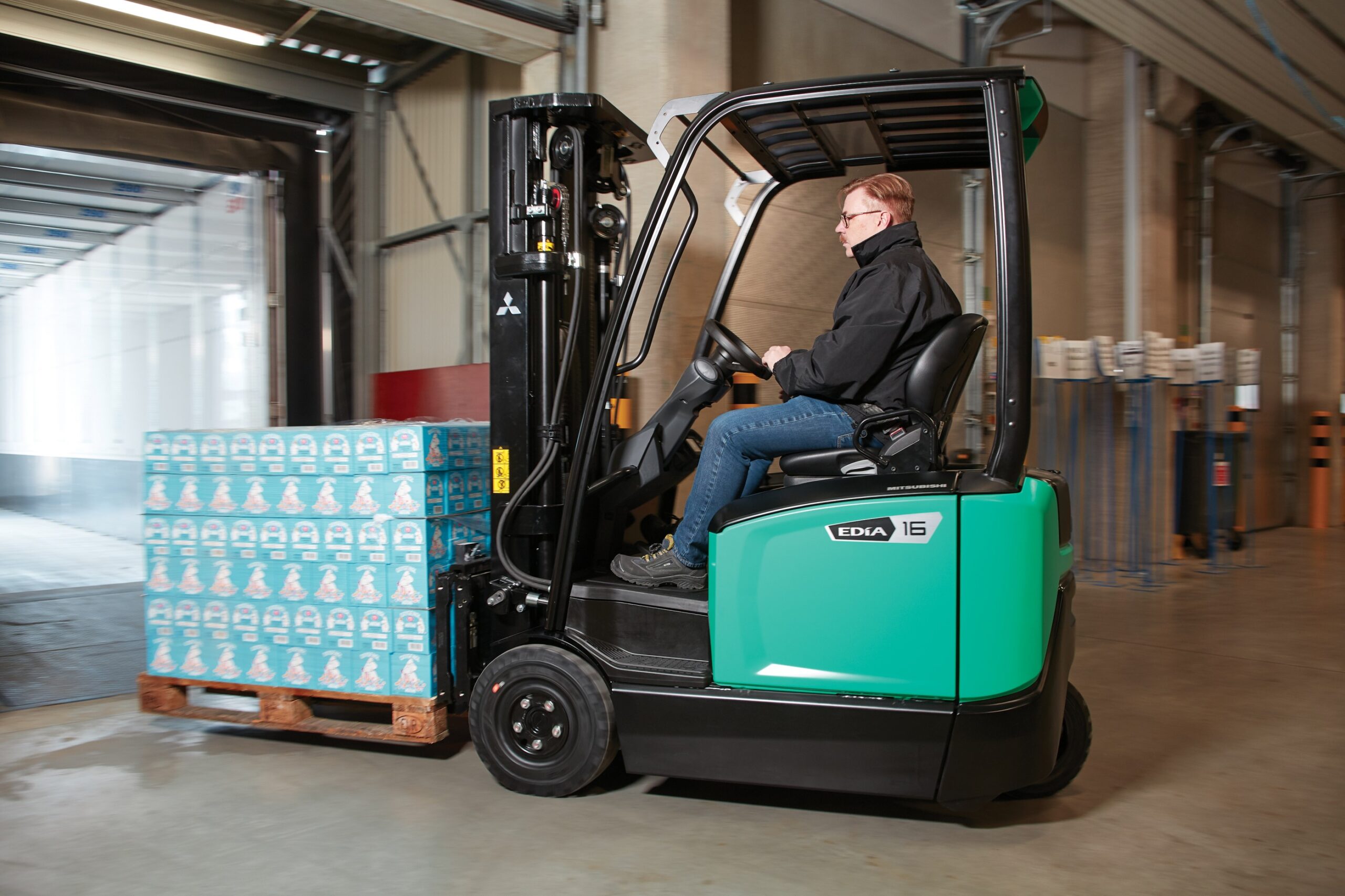Working a forklift can appear to be quite simple, but it comes with serious responsibility, and in the UK, you’ll need proper training to get behind the controls. Starting or looking to upskill, a forklift licence is essential to stay practised and compliant, and is sought after by employers.
But how much does it cost? In this article, we are going to show you the different types of forklift licences, the associated categories that fall under them, what kind of training you need to pass your course and how much it all costs: from beginner’s courses to upgrades and renewals.
Why You Need a Forklift Licence
While it is officially a forklift certification, for the purpose of this article, we will refer to it as a forklift licence. To help you gain your forklift licence, the Forklift Licence Guide sets out the legal requirements created by the Health and Safety Executive (HSE). All forklift operators are required to be adequately trained, which will reduce the number of workplace accidents and ensure everyone remains safe on site.
Aside from the legal side, being certified vastly increases your chances of job opportunities. In fact, in most cases, to be considered for a job, you will have had to undergo the proper training. They are not just about the ability to drive the truck, but also about how to operate it safely, move loads, and meet practical challenges on a busy warehouse floor, yard or building site.
Types of Forklift Licences in the UK
There’s no such thing as a universal forklift licence. The licence type you need will depend on the truck you are using and where you will be working. There are a variety of forklift kinds; however, several of the most common kinds include:
- Counterbalance trucks – the forklift you are used to seeing in almost every warehouse.
- Reach trucks – ideal for narrow aisles and tall racking systems
- Pivot steer trucks (Bendi/Flexi) – manoeuvrable in tight spaces and perfect for warehouse use
- Telehandlers, also called telescopic handlers – frequently found in construction and agricultural sites
Each of these requires a different training course. So before you book anything, it’s worth thinking about where you’ll be working and what equipment you’ll actually need to use.
Understanding B1, B2, and B3 Counterbalance Categories
The three main licence categories for counterbalance forklifts (the most common type) are:
- B1: Counterbalance trucks up to 5 tonnes. These are the forklifts that do most of the heavy lifting in a general warehousing environment, a retail depot, or a manufacturing facility.
- B2: 5-15 tonnes machine. They are employed in more heavy-duty settings, such as building supply yards, ports or larger manufacturing plants.
- B3: For trucks over 15 tonnes that handle big or heavy loads. These are often special machines for industrial or dockside work.
These may have separate training needs from each other. You need the right licence for the equipment you have (not just a compliance specification) and for safety and insurance purposes.
How Much Does a Forklift Licence Cost?
So, how much does it cost to get a forklift licence in the UK?
Depending on the course type, training provider, and where you are located, costs can vary. Anyway, here is an overview:
- Typical beginner forklift training costs around £400 to £700. A typical course package lasts from 3 to 5 days, depending on the type of truck needing training and the provider.
- Refresher courses (for those that need a bit of experience) are typically shorter, many last just 1 day, and cost in the region of £100 to £200.
- Cost of conversion courses (counterbalance to reach etc) is £200 to £350, depending on length/complexity.
Depending on the type of course you choose, you will get theory and practical training as well as examinations leading to certification at an all-in price. You may also be able to receive lunch, and if you do not pass the exam on the first attempt, free retests. As always, check when you book to see what’s included.
Fees in big cities like London or Manchester could be slightly higher, whereas regional suppliers may be cheaper.
What’s Included in the Training Cost?
With a fork training course and payment, you get an all-in-one package that will allow you to understand and perform the practical work. Here’s what’s usually included:
- Theory training: Covering things like health and safety rules, how to handle a load, an understanding of the parts of your truck, etc.
- Practical training: Operational driving experience, including a mix of supervised practical training in driving for manoeuvres, stacking and unloading
- Assessment and exams: Written and practical exams are conducted at the end of the curriculum.
- Certification: If you pass, you get a certificate from a reputed body that will be equally important to present and future employers.
- Course materials: Many portfolios come with manuals or hand guides to help you familiarise yourself with them.
Training courses usually last between 1 and 5 days, depending on your experience level and the type of forklift.
Additional Costs to Consider
In addition to the cost of training itself, what else do you need to include in your budget?
- PPE (Personal Protective Equipment): We may request that you wear hard hats, bolstered gloves and neon apparel during the training session. These can set you back another £30-£60 if you don’t already have them.
- Travel or overnight stay: If you have to go off-site for training and not locally, becoming an effective trainer may require you to provide transportation or accommodations.
- Forklift licence renewal: Forklift certifications do not expire, but many employers insist that, as a minimum, at some point in every three to five years, employees undergo retraining. That means if your job title changes, you will be on the hook for refresher courses or added categories, so add that to your budget.
Can You Get a Forklift Licence for Free?
Absolutely, you can get your forklift training paid for.
- Employer-funded training: Some companies will pay for your licence as part of a job offer or internal development plan. It’s worth asking if you’re already in a warehousing or logistics role.
- Apprenticeships: Several warehouse or logistics apprenticeships will provide you with forklift training as part of your apprenticeship package at no additional charge.
- Jobcentre or government schemes: In some areas, the Jobcentre Plus or local skills funding programs offer free courses to help job seekers, although this is not a guaranteed benefit.
Therefore, it is a good idea to check these options out first before you look at the cost.
How to Choose a Forklift Training Provider
If you are spending your money on a course, then you need to ensure that it will be valuable. The method of certification they provide should enhance your CV and improve your career prospects.
Here’s what to look for:
- Accreditation: Ensure that a reputable governing body from RTITB, ITSSAR, NORS or AITT accredits the provider. These oblige the course to conform to national standards.
- Professionalism: Consider institutes that are reputed and have good experiences.
- Location and support: Choose one that is close by and has good support, such as helping with resits or extra practice if required.
A good company is not just going to train you to pass the test; they will make sure that you know exactly what you are doing and that you can do it with confidence.
In Summary
In short, obtaining a forklift licence in the UK is a wise move when it comes to your safety and your career prospects. Regardless of whether you are starting from scratch or simply topping up a toolshed, there is a course for you and your wallet. Ensure you select the correct licence type, work out what category you need (especially in the context of counterbalance forklifts), and opt for an accredited provider with a good track record. If you want to make some lasting changes, but cost is something that concerns you, then always look around and see if there are funding options; it may be more helpful than not doing anything at all.








